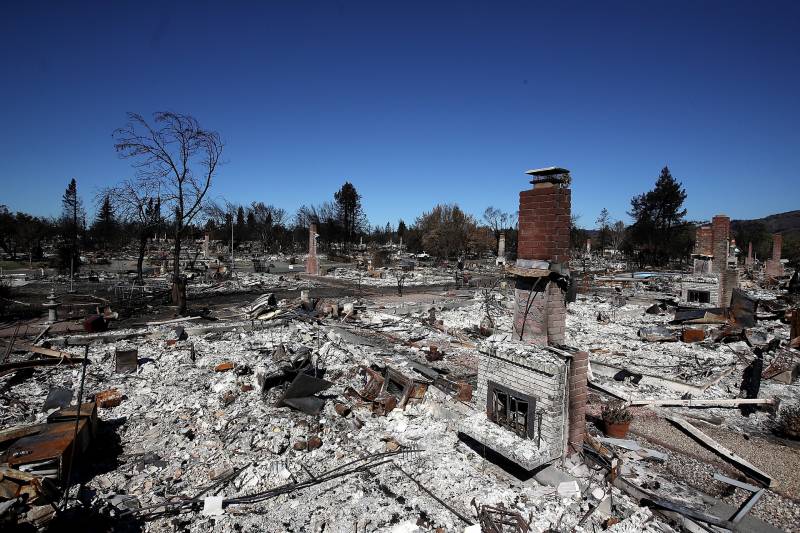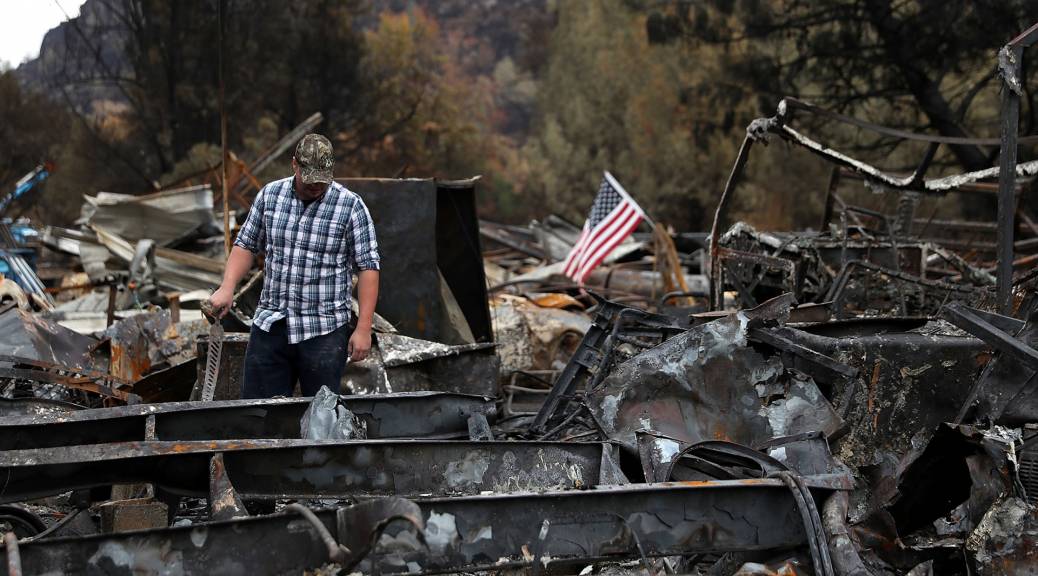An effort to block PG&E's path out of bankruptcy kicked off Wednesday's trial on the plan in bankruptcy court as critics of the utility questioned whether the overwhelming vote in favor of the plan by wildfire victims was tainted by conflicts of interest and shoddy counting.
PG&E's plan won support last week in a landslide, with victims overwhelmingly backing PG&E's $58 billion proposal to emerge from bankruptcy after a year-and-half.
But a challenge mounted by two critics of the plan launched the first day of a trial before U.S. Bankruptcy Judge Dennis Montali, who must approve the plan for PG&E to exit bankruptcy.
Will Abrams, a survivor of the deadly 2017 Tubbs Fire, and Francis Scarpulla, a lawyer representing a Northern California hospital destroyed in a 2018 fire, launched their attacks while questioning an executive for the firm that oversaw the voting.

